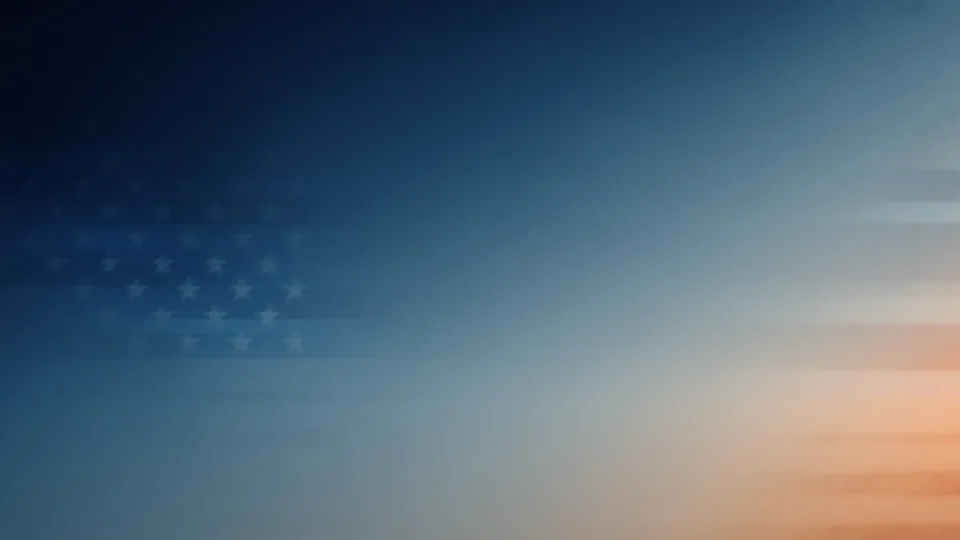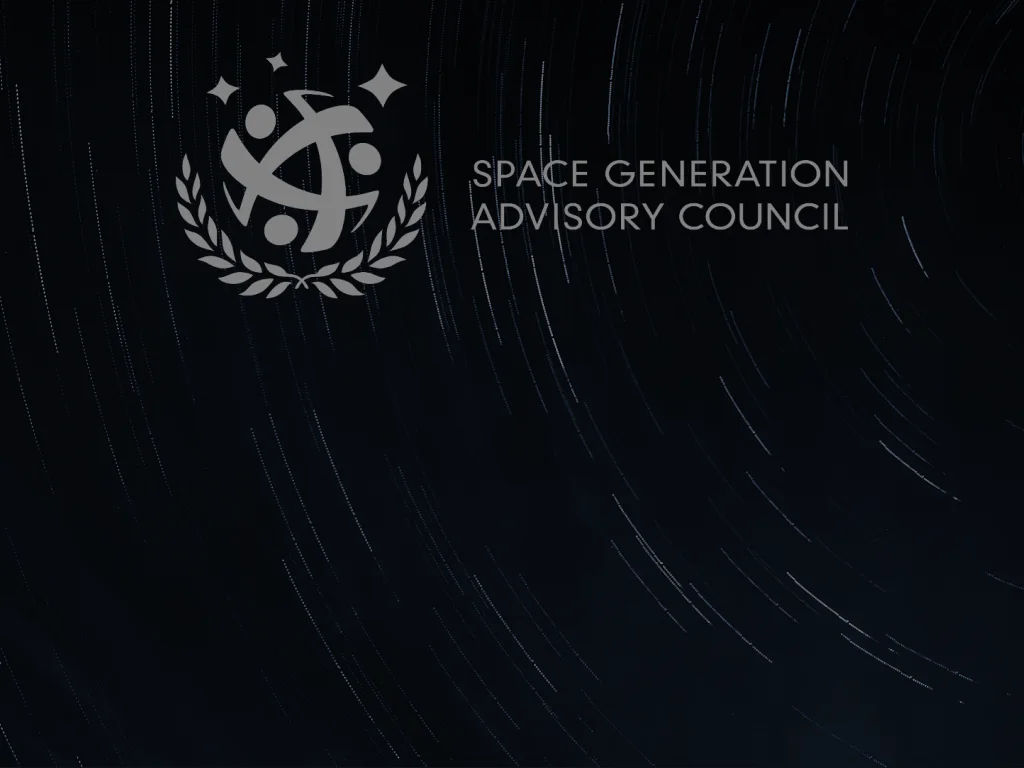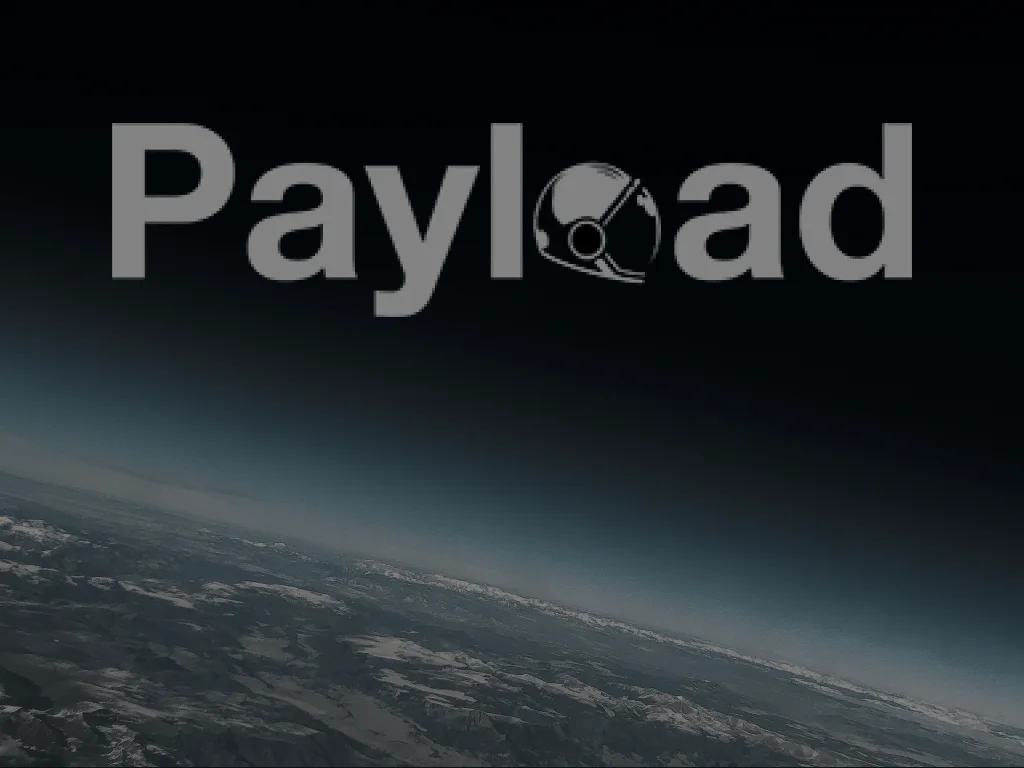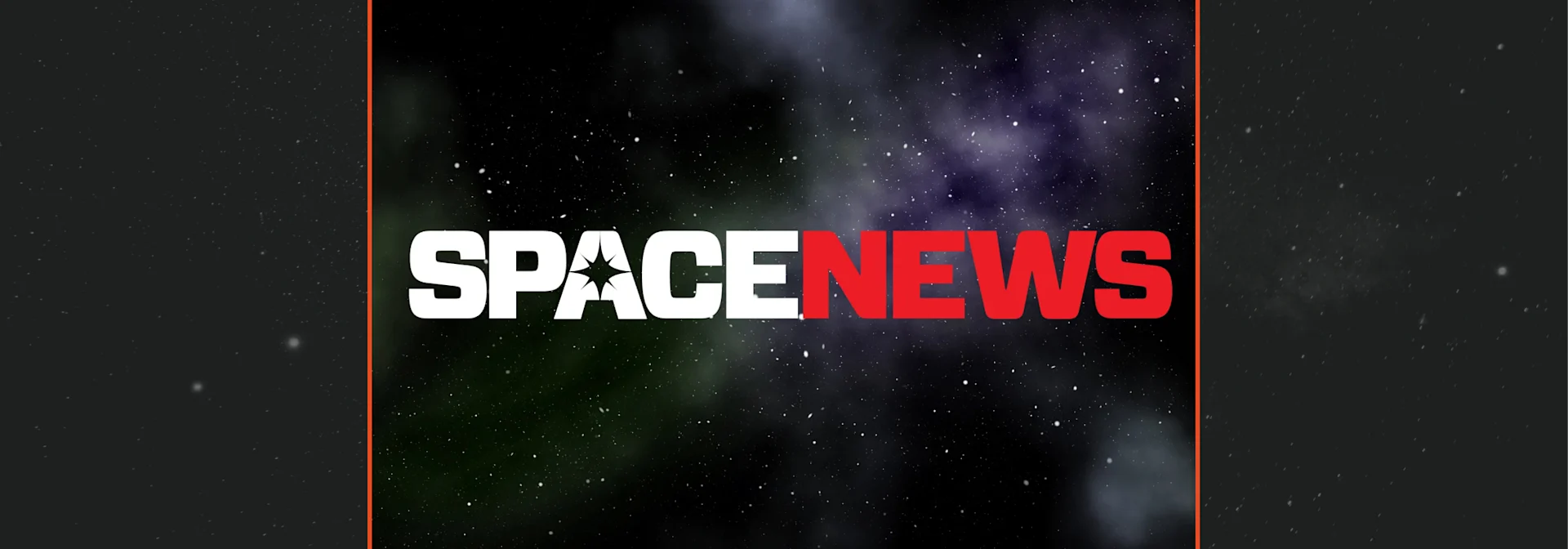From Dreamer to SGAC Alumni Award Winner: Meet Astroscale U.S. Sr. Director of Engineering Jeff Schloemer
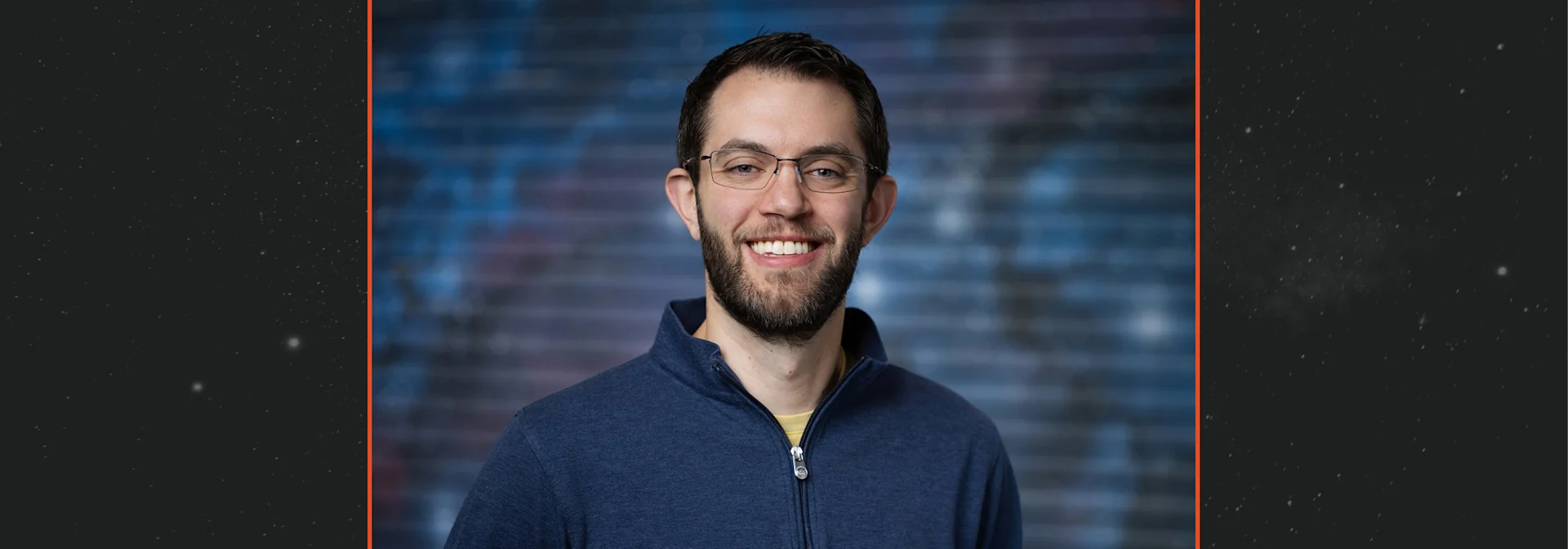
At Astroscale U.S., we’re proud to work alongside talented people who are not only experts in their field but are also inspired to positively impact the future of space. One standout is Jeff Schloemer, our Senior Director of Engineering. With over a decade of aerospace experience, a patent under his belt, and publications to his name, Jeff was recently honored with the prestigious SGAC Alumni Award. This recognition from the Space Generation Advisory Council (SGAC) — a global network empowering young professionals in space — celebrates his outstanding leadership and unwavering support of SGAC’s mission.
We sat down with Jeff to share his journey into aerospace, advice for students and aspiring aerospace professionals, and more.
What inspired you to pursue a career in the aerospace industry?
Throughout my childhood, my parents encouraged my curiosity about space. I was lucky enough to visit places like Huntsville’s Marshall Space Flight Center, where I witnessed the first modules of the International Space Station being built. A defining moment came while visiting Cocoa Beach and Kennedy Space Center: a Space Shuttle night launch, which lit up the sky and left me dreaming of becoming an astronaut or pilot. But after learning in high school that my height would be a barrier, I set my sights on becoming an aerospace engineer. If I couldn’t pilot a spacecraft, I thought, I could at least design them.
How did your journey lead you to Astroscale U.S., and what attracted you to the company?
The COVID lockdowns forced me to reckon with my career trajectory and what I wanted my life to end up looking like. This reflection sparked my interest in attending the Space Generation Fusion Forum, a networking and professional development event for students and young professionals under the age of 35. The impact of this forum was profound, and I felt compelled to apply, and attend, again the following year.
This is where I met my initial contact at Astroscale, Luc Riesbeck, and connected with other future employees and movers in space sustainability, like Kristin Shahady. Luc presented the compelling case for in-space servicing, and we had several passionate discussions, and even arguments, that left a positive impression. When I saw Kristin join Astroscale U.S., I was further persuaded to give the company a closer look.
Beyond the compelling case for in-space servicing, Astroscale U.S.’s mission to fundamentally transform the space industry and its architecture resonated deeply with me. When an opportunity arose to lead engineering here, I just knew I had to pursue it.
Want to join our team? Check out our recent openings. Astroscale U.S. is growing, and we need people passionate about our mission!
What does winning the SGAC Alumni Award mean to you?
From my very first SGAC event, I was captivated by the organization’s global mission and impact. I left that event inspired to dream bigger. SGAC is a unique community that nurtures and fuels ambitious dreams. Its reach and impact is literally worldwide, so to be recognized by SGAC this year is a huge honor and privilege.
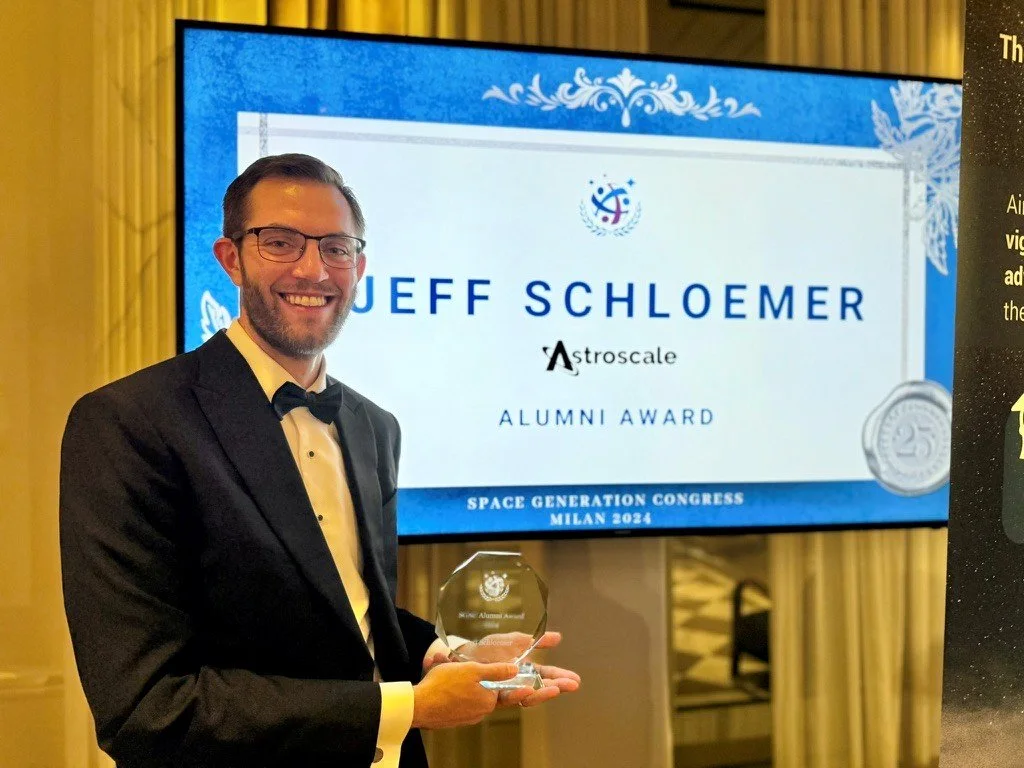
Jeff receiving his SGAC Alumni Award in Milan, Italy.
You’ve become a strong advocate for mentoring the next generation of space professionals. How has your experience with SGAC influenced your approach to leadership and mentorship?
SGAC’s Fusion Forum showed me that young professionals are not only participating in the space industry but actively shaping it. Seeing my peers and fellow delegate found companies like Planet and Starfish made me realize that revolutionary ideas really can come from any generation. This directly supports SGAC’s purpose and is one I can fully support.
Now, I view mentoring as essential, especially with the growing need for sustainable solutions in space.
The idea of satellites servicing other satellites is radical, and we’ll need future leaders to expand this legacy.
This challenge reinvigorates me and strengthens my commitment to mentorship and leadership. Right now, we are building the foundation for humanity’s space legacy and setting the stage for what future generations can accomplish.
Many aspiring aerospace professionals would see your accomplishments as inspirational — and rightfully so! What advice would you give students interested in entering the aerospace industry?
First, learn from failure — it's invaluable. I vividly recall early mistakes I made on the job, but senior engineers helped me grow from those experiences. Embracing "Failure is not an option" means finding solutions, not completely avoiding missteps.
Second, leave room for chance. While it may seem like career success can happen at random, cultivating luck is really a skill. It’s often about relationship building, being genuine, and maintaining a community around you. While you can’t always control the things that happen to you, you do have the power to put yourself in more situations where good things can happen.
Last, never stop learning or challenging yourself. Not all worthwhile challenges and learning happens in direct relation to school or work in your field. In fact, some of my best growth has come from collaborating with colleagues in adjacent fields. Communication and problem-solving often benefit from perspectives outside of engineering. For example, I intentionally built relationships with finance, legal, and business operations while I was at Raytheon. Learning how they saw how a program was running helped me learn that not every problem needs an engineering solution.
Any words of advice for young professionals in the industry who hope to one day lead a team of aerospace engineers?
Aside from the advice I’d give to students, I’d say that it’s key to learn how to diagnose and treat your own burnout. When I started my career, I didn’t even know what a relaxing vacation looked like. Even the concept of taking two weeks off in a row felt problematic (note: it wasn’t). I started to eventually resent the space industry a bit, with its long duration timelines and lengthy hours without immediate payoffs. Worse, I had a stretch where the program I was working was on the precipice of cancellation. That pressure and stress put me in a bad place.
I’ve now learned that restful breaks are vital to managing that stress. From a long weekend away to trying to have that dedicated two-week vacation every year or so, these times away help me stay sharp and engaged with my team and the problems I’m working.
Looking ahead, what exciting initiatives are you currently working on at Astroscale U.S. that align with space sustainability and innovation?
I’m really excited about projects like our in-space refueler, APS-R, and our on-orbit servicer, LEXI, and I can’t wait to see them servicing satellites in orbit! It’s been amazing to witness the growth of the engineers working on the programs and seeing people take on new challenges. Beyond that, our team is building towards fleet-level sustainability through advancements in AI, robotics, and modular design. My latest initiative culminated in the first company-wide technical gathering to facilitate new collaboration in these areas.
Additionally, our long-term company and sustainability goals depend on building industry partnerships, communicating the value of the space economy, and cultivating a team culture that can support our scaling ambitions. This is so much more than a technical problem, and some of my favorite tasks lately have been collaborating with other teams on these initiatives.
We’ve saved the toughest question for last: Star Wars or Star Trek?
Star Wars for the movies (1-6, +Rogue One), and Star Trek for the TV shows. Both are at their best when they highlight the possibilities and, often, the costs of human advancement through friendship and mentorship, hubris, personal sacrifice, or morality among others. Or just being scrappy and making the most of what you have in front of you.
Learn more about the team!
Jeff isn’t the only one who’s been recognized by the space community. Read all about our Senior Flight Software Engineer Arielle Cohen’s accomplishments in her feature as one of Payload’s 2024 Pioneers.
All Categories
Recent Posts
